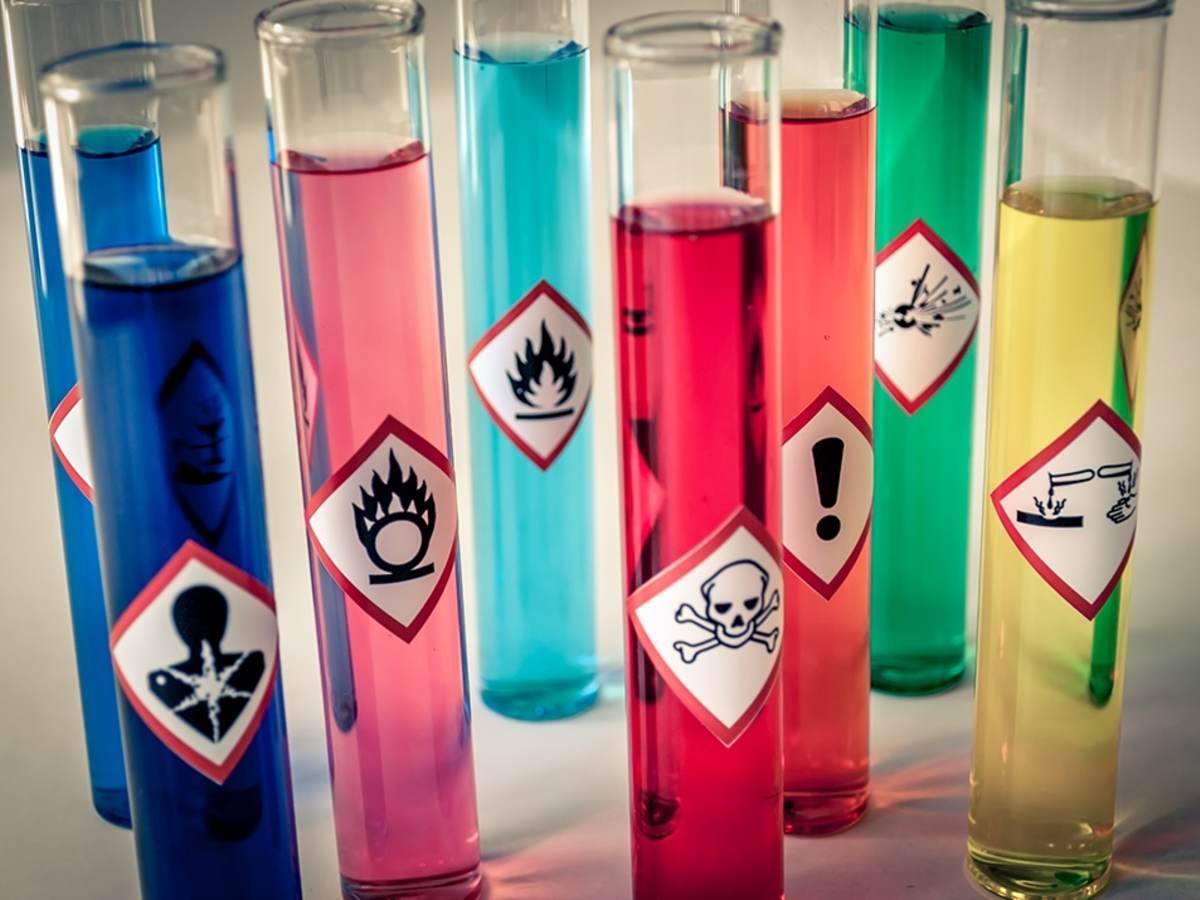October 19, 2022
By Chelsea Lane, regulatory specialist, Supply Chain team, UL Solutions
Title 2 of New York's Environmental Conservation Law contains regulations related to hazardous packaging due to concerns regarding public health and safety and the environment. Regulations have been in place since the early 1990's to restrict the use of heavy metals found in product packaging because they were present in emissions or ash when packaging is incinerated, or leachate when packaging is land filled. Specifically, the sum of the concentration levels of lead, cadmium, mercury, and hexavalent chromium in packaging or packaging components shall not exceed 100 ppm by weight prior to incineration in any product offered for sale or for promotional purposes by a manufacturer or distributor, as of Jan. 1, 1994.
More recently, Section 37-0209 was added to the law, which states that beginning on Dec. 31, 2022, no person shall distribute, sell, or offer for sale food packaging containing perfluoroalkyl and polyfluoroalkyl (PFAS) substances as intentionally added chemicals. According the NY Department of Environmental Conservation (DEC), research has shown that PFAS can move from packaging into the foods contained in them. PFAS from food packaging can also migrate from the packaging to landfills and compost. The compost from large scale composting facilities is sometimes applied to agricultural lands and the PFAS can end up in crops for human consumption.
As per section 0203 of the regulation, the term "food packaging" means "a package or packaging component that is intended for direct food contact and is comprised, in substantial part, of paper, paperboard, or other materials originally derived from plant fibers." Examples of this type of packaging include items like cups, crates, trays, wrappers, bags, soup cups, pastry boxes, sandwich wrappers, pizza boxes, etc.
PFAS are defined, for the purposes of food packaging, as "a class of fluorinated organic chemicals containing at least one fully fluorinated carbon atom." Additionally, the term "intentionally added" means "a chemical in a product that serves an intended function in the product component." Meaning, PFAS may potentially still be used, for example, in the manufacturing process in a processing agent, mold release agent or intermediate. However, the use of PFAS, even as processing aids, is discouraged by the NY DEC.
Although this law also applies to people selling food, rather than only to manufacturers and distributors, people offering food for sale may rely on a certificate of compliance from their packaging supplier or manufacturer which states that a package or packaging component meets the requirements of this title.
The DEC has published several resources to help people find viable alternatives for their food containers. Refer to the DEC website to view their reference guides entitled "Alternatives to Single-Use Expanded Polystyrene Foam Food and Beverage Containers and Expanded Polystyrene Foam Loose Fill Packaging (Packing Peanuts)" and "Foam Container, Void Fill and Protective Packaging Alternative Guide."
Please see UL Solutions’ previously published news article for information on PFAS bans in other states. The ChemADVISOR® Regulatory Database will continue to be updated as new information becomes available.
References
New York Senate Laws Title 2 on Hazardous Packaging
NY Department of Environmental Conservation PFAS in Food Packaging Webpage
Regulatory Roundup Newsletter
Never miss an update
UL, the global safety science leader, can keep you updated on the latest events with a variety of materials, ranging from the latest regulatory news, webinars, white papers, events, industry insights and more.
Subscribe to our monthly Regulatory Roundup Newsletter and stay up to date on current and upcoming regulations and all the latest chemical industry news.
Safety Data Sheet (SDS) Authoring and Labeling Services
Create, maintain and distribute comprehensive SDSs and labels to meet your increasingly complex global compliance requirements.
Chemical Regulatory Compliance
Manage your chemical compliance needs with the help of global regulatory expertise and leading resources.
Chemical Compliance Training
We provide a series of chemical regulatory training programs designed to help understand the diverse set of requirements and how to confront them.
Get connected with our sales team
Thanks for your interest in our products and services. Let's collect some information so we can connect you with the right person.





